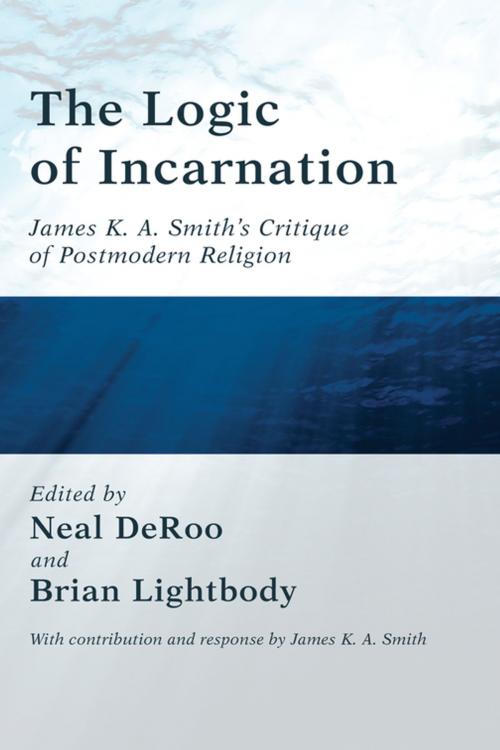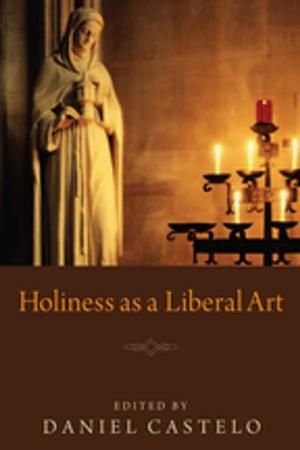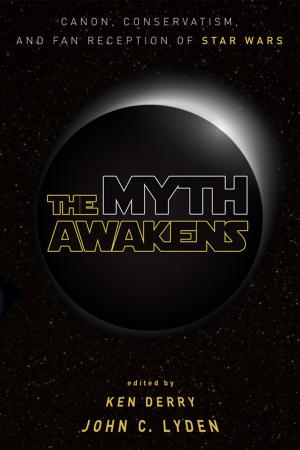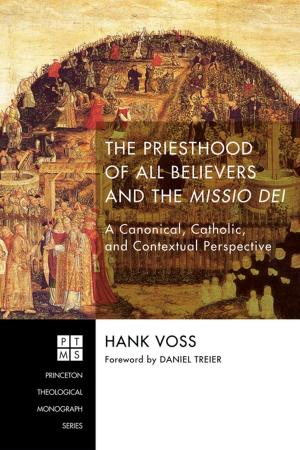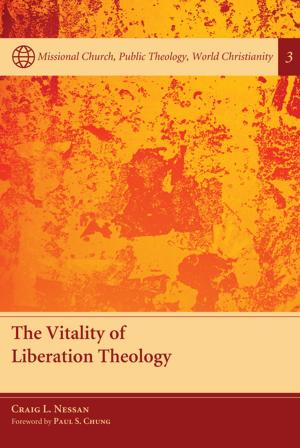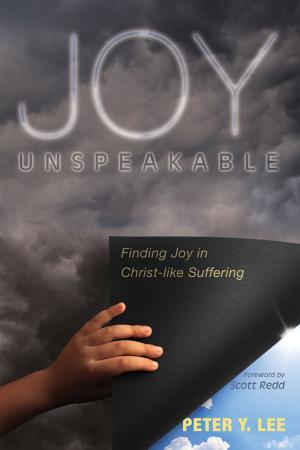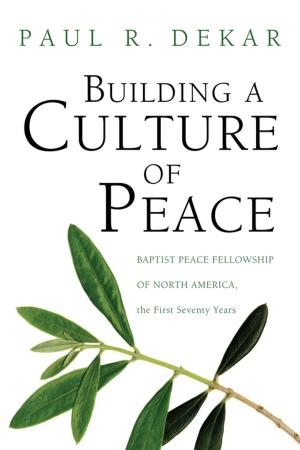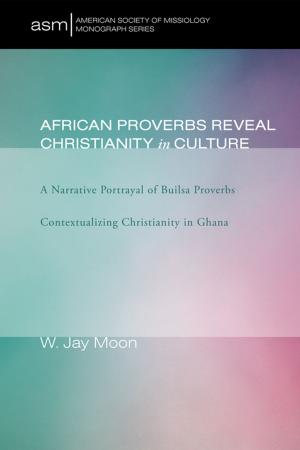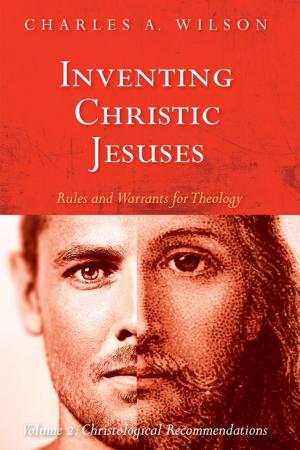The Logic of Incarnation
James K. A. Smith's Critique of Postmodern Religion
Nonfiction, Religion & Spirituality| Author: | ISBN: | 9781630877385 | |
| Publisher: | Wipf and Stock Publishers | Publication: | January 1, 2009 |
| Imprint: | Pickwick Publications | Language: | English |
| Author: | |
| ISBN: | 9781630877385 |
| Publisher: | Wipf and Stock Publishers |
| Publication: | January 1, 2009 |
| Imprint: | Pickwick Publications |
| Language: | English |
With his Logic of Incarnation, James K. A. Smith has provided a compelling critique of the universalizing tendencies in some strands of postmodern philosophy of religion. A truly postmodern account of religion must take seriously the preference for particularity first evidenced in the Christian account of the incarnation of God. Moving beyond the urge to universalize, which characterizes modern thought, Smith argues that it is only by taking seriously particular differences--historical, religious, and doctrinal--that we can be authentically religious and authentically postmodern. Smith remains hugely influential in both academic discourse and church movements. This book is the first organized attempt to bring both of these aspects of Smith's work into conversation with each other and with him. With articles from an internationally respected group of philosophers, theologians, pastors, and laypeople, the entire range of Smith's considerable influence is represented here. Discussing questions of embodiment, eschatology, inter-religious dialogue, dogma, and difference, this book opens all the most relevant issues in postmodern religious life to a unique and penetrating critique.
With his Logic of Incarnation, James K. A. Smith has provided a compelling critique of the universalizing tendencies in some strands of postmodern philosophy of religion. A truly postmodern account of religion must take seriously the preference for particularity first evidenced in the Christian account of the incarnation of God. Moving beyond the urge to universalize, which characterizes modern thought, Smith argues that it is only by taking seriously particular differences--historical, religious, and doctrinal--that we can be authentically religious and authentically postmodern. Smith remains hugely influential in both academic discourse and church movements. This book is the first organized attempt to bring both of these aspects of Smith's work into conversation with each other and with him. With articles from an internationally respected group of philosophers, theologians, pastors, and laypeople, the entire range of Smith's considerable influence is represented here. Discussing questions of embodiment, eschatology, inter-religious dialogue, dogma, and difference, this book opens all the most relevant issues in postmodern religious life to a unique and penetrating critique.
